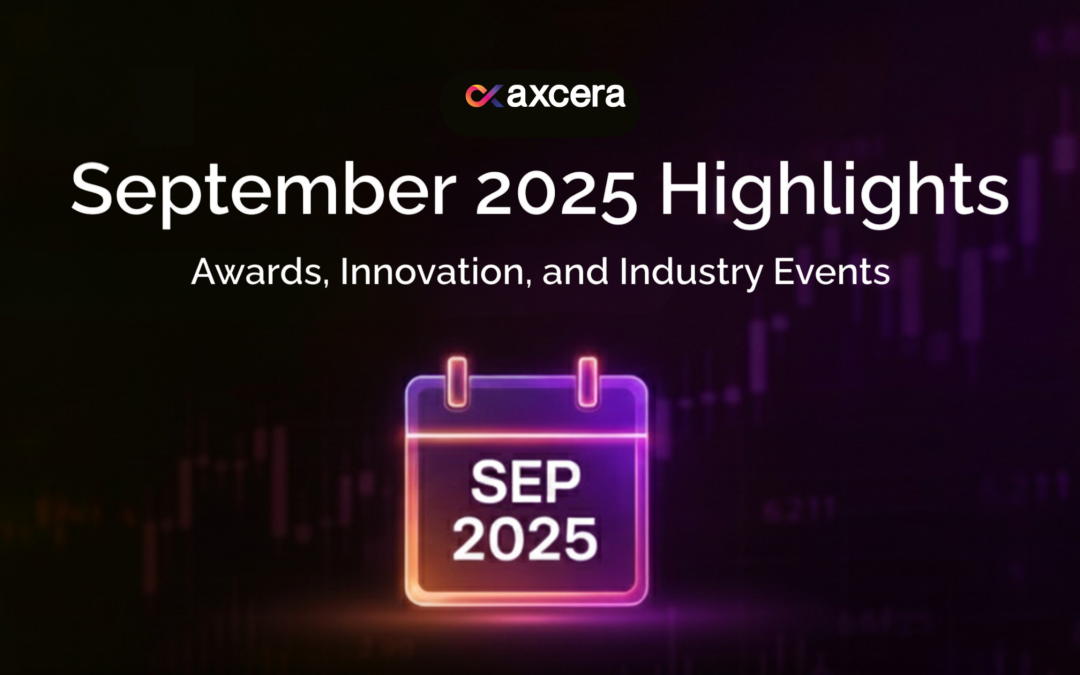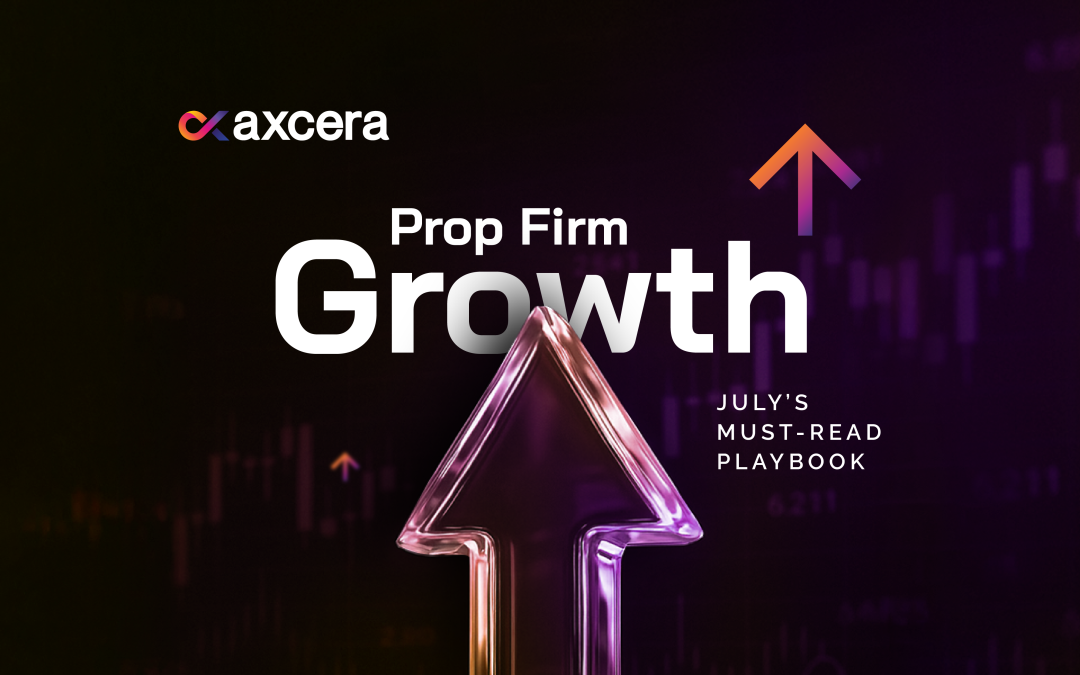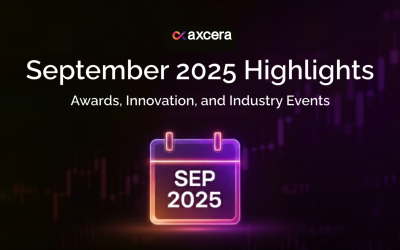Technology is a critical component of any functioning financial market, and the most successful prop firms are ones with trading rooms focused on having the best and most appropriate technology for their particular trading strategies.
All of this is only possible thanks to the events of 27th October 1986, an event so critical to the UK financial sector that it is simply known as The Big Bang.
The Big Bang changed everything when it came to the UK financial sector and paved the way for a modern, technologically-driven approach to managing the London Stock Exchange, one that inherently allowed for the LSE to become a truly global market the same way the NASDAQ,
Tokyo Stock Exchange (TSE) or New York Stock Exchange are.
Before exploring how this affected technology specifically and paved the way for proprietary trading, it is important to understand why the Big Bang happened, and why this sudden epochal moment was years in the making.

Darkest Before Dawn
To understand what happened with the newly electronic LSE, it is important to know what caused the Big Bang in the first place, and the reasons for it are very clear and well-known.
In 1979, just before James Callaghan’s vote of no confidence, the May General Election and the rise of Margaret Thatcher, The Office of Fair Trading launched a formal investigation into the LSE, concerned about several of their operating policies and how they might be stifling competition.
The biggest one was the rules the LSE had regarding fixed minimum commissions, but it quickly expanded to various other regulatory concerns that could have potentially harmed the market through overregulation.
These included the exclusion of any traders who were not British citizens from membership of the stock exchange (which had become increasingly uncommon as financial markets became more global), and the multitude of issues brought about by the “single capacity” rule.
In the old LSE, there were stockbrokers, who acted as agents on behalf of clients, and stockjobbers, who actively traded on the open outcry pit and acted as market makers. They actually bought and sold stock before those shares were purchased by stockbrokers on behalf of clients.
If this sounds like a somewhat antiquated and inefficient system, it was guilty on both counts.
Concerns and complaints against the stockjobbing system had been made since the 18th century and yet it lasted nearly 300 years despite repeated attempts to outlaw the practice, lest it leads to a significant reform of financial markets.
Something had to give, and this was an antitrust action against the LSE itself, largely in an attempt to save the stock exchange from its own antiquated practices, which inherently stopped not only foreign investors but also necessitated open outcry rather than the growing trend towards electronic trading.
Nicholas Goodison, then-chairman of the LSE, was concerned about just how strong the case was but ultimately received something of a reprieve as the famously neoliberal financial practices of Margaret Thatcher’s victorious Conservative Party would allow for a chance for reform.
However, whilst this was mutually beneficial, politically aligned and had the support of the Bank of England, it was not politically popular, and it took until 1983 and a famous landslide election for the wheels to start turning on reform and getting rid of the antitrust case.
After this was agreed, the choice was made to launch all of the reforms at once. This was at the suggestion of Mr Goodison, who believed it was the only way to get the agreement of all LSE members.
The Big Bang not only allowed securities firms to act both as brokers and market makers, as well as allowing for a competitive commissions market that would drive down prices and allow capital infusions, but it also allowed for a fundamental shift in how trades were made.
Trading floors rapidly sprang up throughout London, many of which used not only video services and traditional stock tickers but also digital market terminals.
It also necessitated an electronic system known as the Stock Exchange Automated Quotation (SEAQ) system that could compete with the NASDAQ, which operated via a system known as TOPIC (Teletext Output of Price Information By Computer).
This was a complement to existing electronic systems such as Epic (Exchange Price Information Computer) and CRS (Computer Readable Services).
It became exceptionally popular, although it rather infamously broke down within minutes of the opening of trading on 27th October 1986.
This setback aside, the Big Bang paved the way for modern financial technology and allowed prop firms to compete in the market and use sound strategies to profit.









